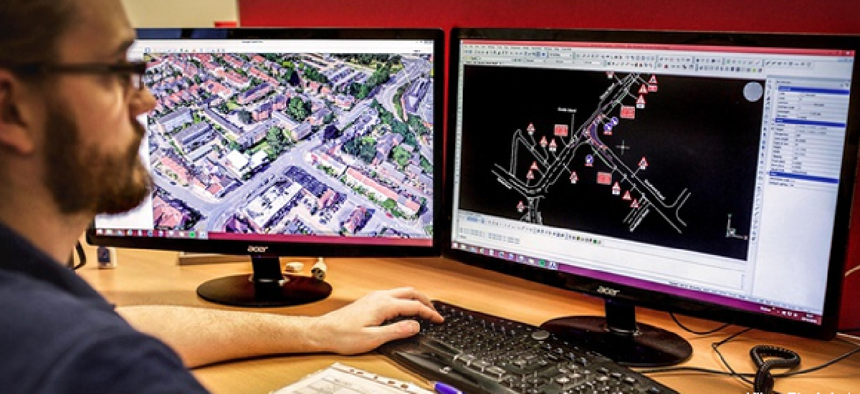Austin selects GigaTECHs App challenge finalists

Eleven entrepreneurs are pitching gigabit apps that support local transportation, education, clean energy, health and safety.
With funding from U.S. Ignite’s Smart Gigabit Cities program, Austin, Texas, is looking for next-generation applications that can provide the most benefit to residents. The city’s GigaTECHs App Competition has narrowed down the number of applications to 11 projects dealing with local transportation, education, clean energy, health and safety (TECHs).
The 11 finalists will present their projects to a panel of city employees and community members on Aug. 31. After the presentations, the judges will pick two winners who will split $38,000, with payments coming in two installments. The Austin winners will participate in the U.S Ignite Smart Gigabit Communities program.
“We asked the entrepreneurs to give us their ideas, and we asked them to demonstrate a prototype to help explain and visualize what the app is going look like,” Lance McNeill, open innovation consultant in Austin’s Innovation Office, told GCN. “To get the money, we want to actually see that [the entrepreneurs] are making progress … and by the end of the year, we want deployable applications where users can begin adopting the technology.”
Among the finalists are Cognitive Roadway Knowbot, a predictive analysis simulator for traffic pattern behavior; JoeVolunteer, which connects volunteers to service opportunities; and Just-in-time VR Training for Ambus EMS Personnel.
The GigaTECHs competition is the city’s second reverse-pitch event targeting local challenges. For the past two years, the city has held a [Re]Verse Pitch Competition to come up with ideas for turning waste materials into the foundation of new businesses.
The U.S. Ignite-funded apps competition is based on a grant from the National Science Foundation that encourages the spread of applications leveraging gigabit internet infrastructure. Austin officials are looking for apps that encourage technology adoption but also are inclusive of those with disabilities.
“One of the criteria that we used to evaluate the projects was whether they were serving overlooked populations or [addressing] a person with a disability or visual impairment,” McNeill said. “We want to give back to the community under an inclusive definition.”
The competition is a collaboration of Austin’s Communications and Technology Department, the Office of Innovation and the Telecommunications and Regulatory Affairs Department. Once the two finalists are chosen, the Communications and Technology Department will oversee the projects and determine when they have completed certain milestones to receive full funding.
More information on the finalists can be found here.





